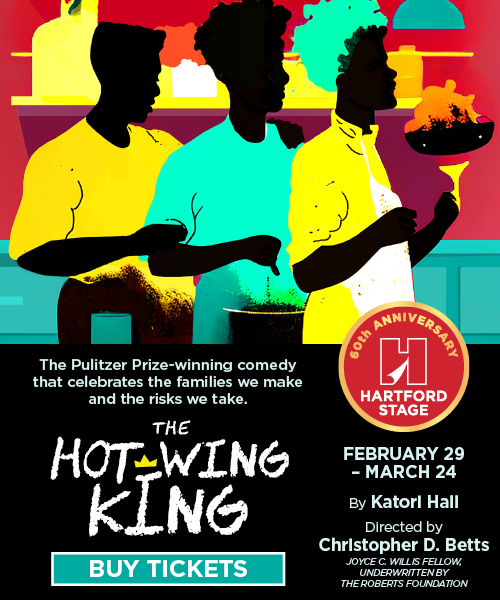By Avad S.
The island of Andros holds mysteries on land as well as in the sea. Stories have long circulated among the islanders here of a large mystery bird known locally as the Chickcharney, which is only sighted within the ancient pine forests of Andros Island.
This equatorial beast, known as Chickcharney (sometimes spelled chickcharnie or chickcharnee) is said to have an appearance very much like an owl, and is typically described as being around 3 feet tall and covered with fine feathers that resemble fur. The creature is said to have three fingers, three toes, and large, piercing red eyes situated on a head that allegedly has the ability to turn around nearly 360 degrees. There is also often mention of a prehensile tail that helps the arboreal birds to climb in the trees where they make their homes. Chickcharney nests are reportedly composed of the tops of two pine trees tied together.
Chickcharnies feature heavily in the folklore of Andros, where they are said to be elfin humanoid creatures that merely resemble birds rather than actual birds. The creatures are known to be very mischievous and on occasion quite aggressive. It is said that if a traveler happens to come across a Chickcharney, it would be wise to treat it kindly. Those who treat the Chickcharney well and show respect are said to be rewarded with good luck, while those who don’t, or even worse those who laugh at the creature, will meet with bad luck and hard times. If the Chickcharney is especially offended, it is said that the creature will violently and forcibly twist the persons neck all the way around. Andros islanders once were so wary of Chickcharnies that they often carried brightly colored flowers or pieces of cloth in order to charm the creatures and dissuade them from attacking or causing trouble.
Don’t laugh the Chickcharney’s looks, or it will twist your head right off
One legendary story of the wrath of Chickcharnies involves a former Prime Minister of England, Neville Chamberlain. According to the tale, Chamberlain took over his father’s plantation in the Bahamas and upon arriving did a large amount of rampant land clearing. Unfortunately for him, some of the decimated vegetation had been home to Chickcharnies, which immediately sought revenge. The planation was a failure and financial disaster in the end, and locals have long attributed this misfortune to the vindictive Chickcharnies wreaking havoc.
Despite the various folkloric connections, sightings of the Chickcharney persist right up into the modern day. Interestingly, the creature may have a basis in fact. Andros was once the home of a large, flightless species of owl that closely matches descriptions of the Chickcharney, both in terms of appearance and of size.
Tyto pollens was a large, 1 meter tall (3.3 feet) burrowing owl related to the barn owl that once inhabited Andros island and coexisted with early colonial settlers until it supposedly went extinct in the 16th century due to hunting and rampant destruction of its habitat by new settlers of the island. Although Tyto pollens was flightless and not known to be arboreal, its similarity in appearance and historical presence on the island mean that a surviving population could certainly account for modern reports.





